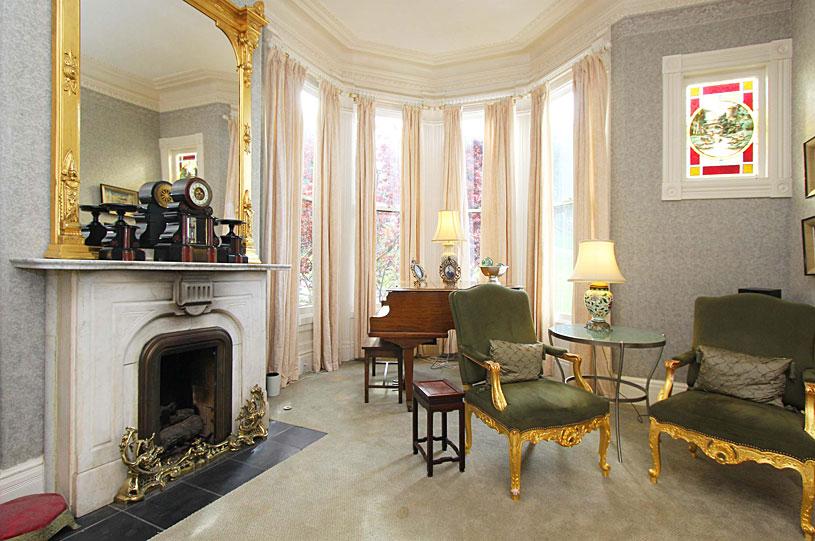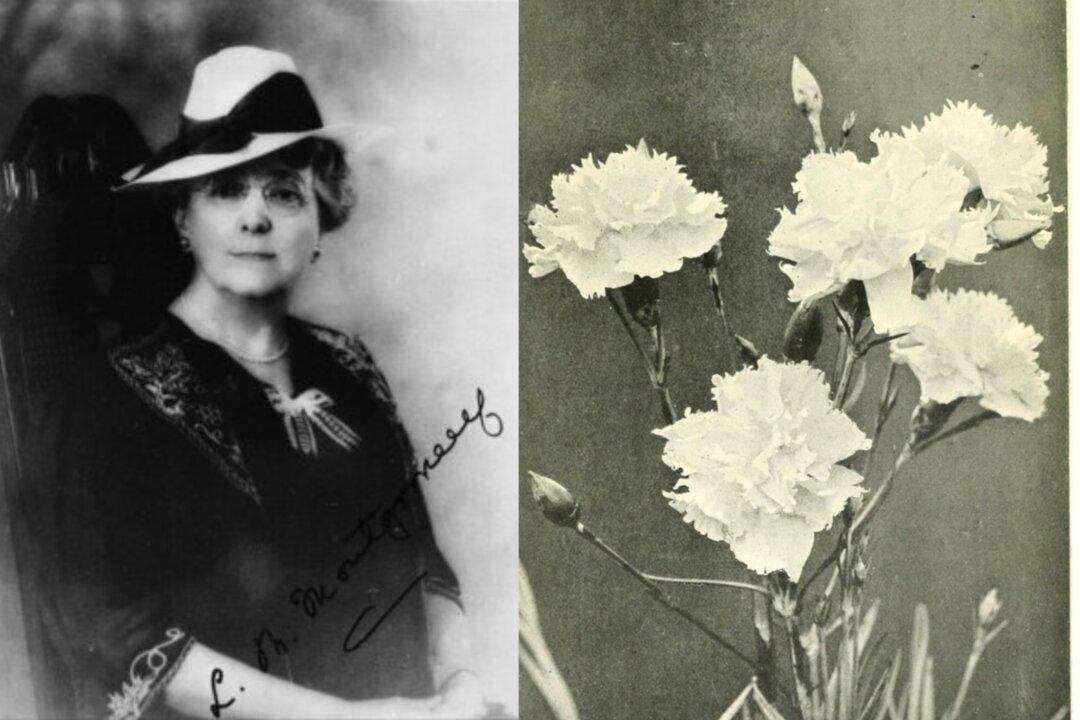From the invention of paper to that of the telephone, man’s ingenuity has shown throughout the centuries. Nevertheless, it’s often in the small moments of seemingly little consequence that ingenuity shines brightest and proves most important.
In her short story “About Elizabeth Eliza’s Piano,” Lucretia P. Hale wrote about the joys and humorous trials of human ingenuity. Yet she did so in such a way that comically demonstrated that, though ingenuity may be at its finest, it may not be at its simplest.






